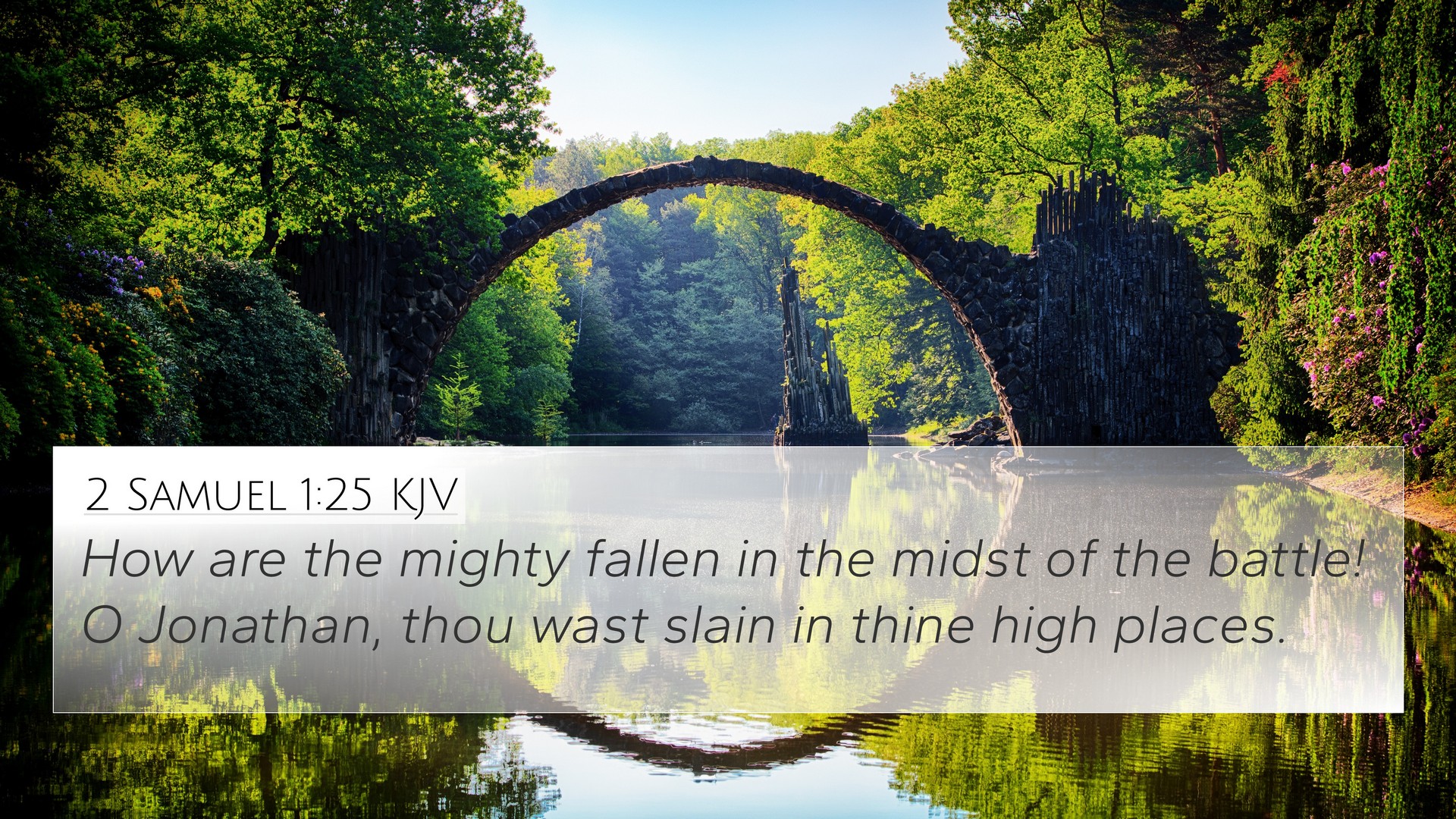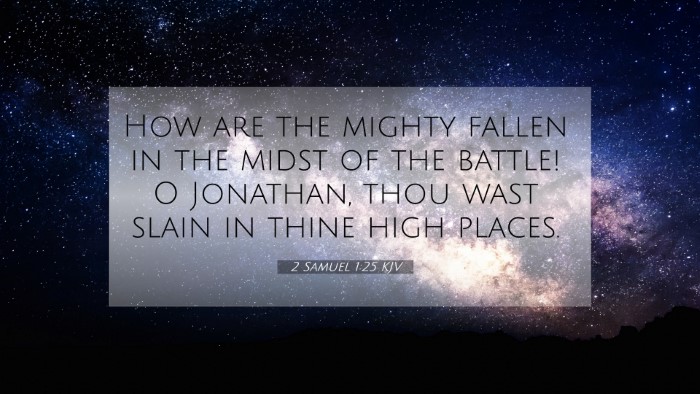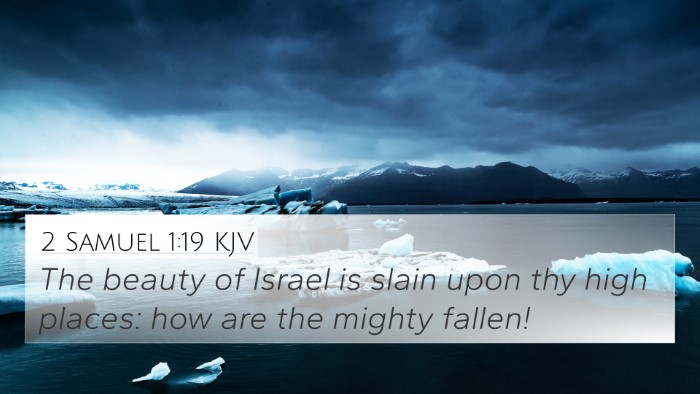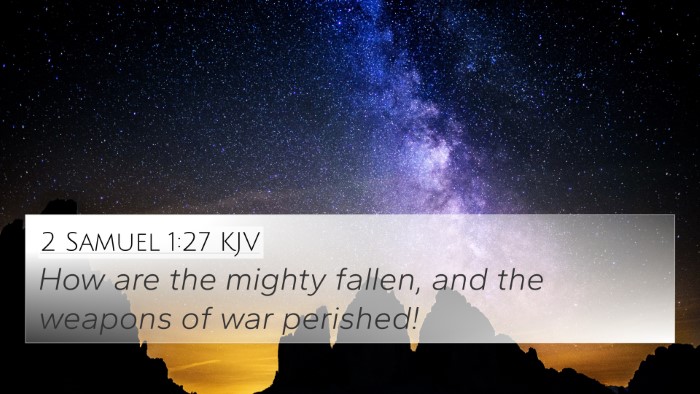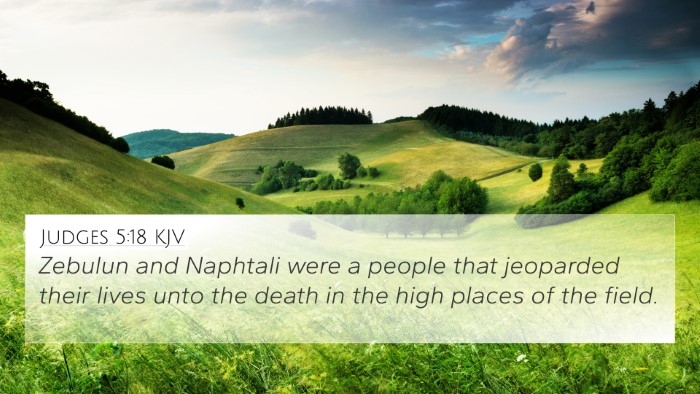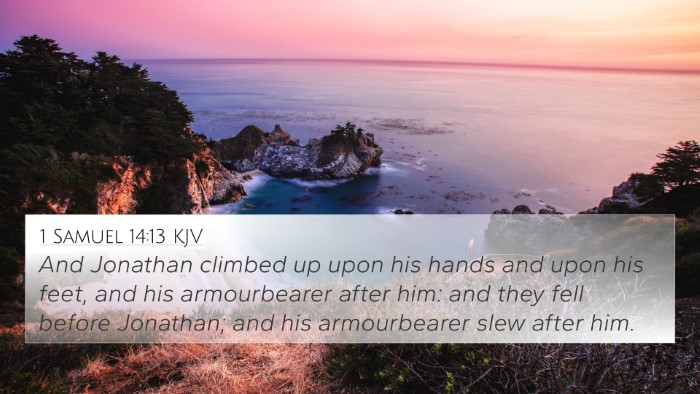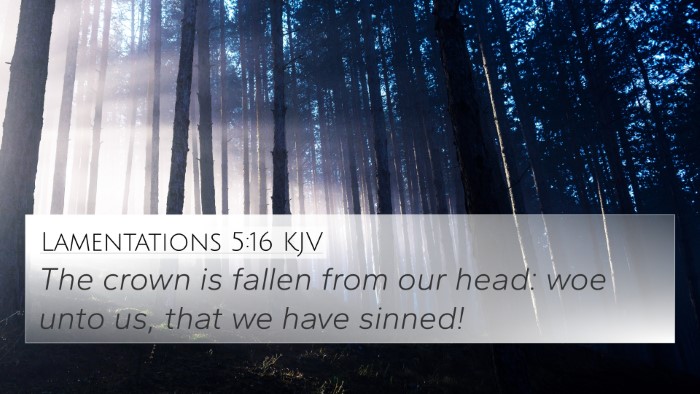Old Testament
Genesis Exodus Leviticus Numbers Deuteronomy Joshua Judges Ruth 1 Samuel 2 Samuel 1 Kings 2 Kings 1 Chronicles 2 Chronicles Ezra Nehemiah Esther Job Psalms Proverbs Ecclesiastes Song of Solomon Isaiah Jeremiah Lamentations Ezekiel Daniel Hosea Joel Amos Obadiah Jonah Micah Nahum Habakkuk Zephaniah Haggai Zechariah MalachiVerse
2 Samuel 1:1 2 Samuel 1:2 2 Samuel 1:3 2 Samuel 1:4 2 Samuel 1:5 2 Samuel 1:6 2 Samuel 1:7 2 Samuel 1:8 2 Samuel 1:9 2 Samuel 1:10 2 Samuel 1:11 2 Samuel 1:12 2 Samuel 1:13 2 Samuel 1:14 2 Samuel 1:15 2 Samuel 1:16 2 Samuel 1:17 2 Samuel 1:18 2 Samuel 1:19 2 Samuel 1:20 2 Samuel 1:21 2 Samuel 1:22 2 Samuel 1:23 2 Samuel 1:24 2 Samuel 1:25 2 Samuel 1:26 2 Samuel 1:27